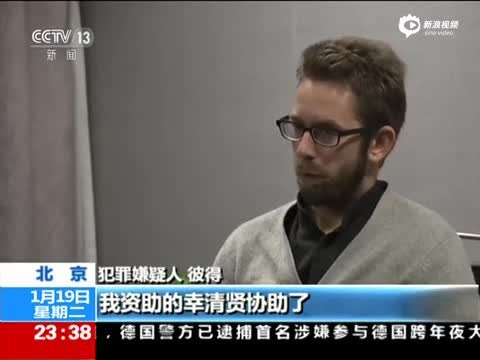Several countries and human rights organizations have expressed their concern over China's increasing use of televised confessions against those who have committed crimes.
According to New York University professor of law and expert on Chinese law Jerome Cohen, the practice is an outright violation of the rule of law. Cohen also said that the televised confessions serve as a terrifying union of a powerful police and state-controlled media, the Hindustan Times reported.
"It makes a mockery of continuing efforts by law reformers within the Chinese judiciary to improve the fairness of the criminal justice system," Cohen said.
Hong Kong-based independent rights researcher Joshua Rosenzweig said that such confessions have also been used against political dissidents.
Rosenzweig added that the "confessors" were often coerced into writing and reading their "confessions" live. However, he stressed that such practices are not part of any judicial process and can undermine the rule of law in the country.
Since 2013, dozens of televised confessions have been made, including high-profile ones. In January, Swedish human rights activist Peter Dahlin went on national television, confessing about his "anti-China work." He also issued an apology for supposedly hurting the feelings of the Chinese people. Dahlin was arrested while boarding a flight to Hong Kong.
During the same time, Hong Kong bookseller Gui Minhai also made a televised confession for his alleged involvement in a vehicular incident in 2003. Gui's confession proved to be highly controversial, as he went missing in 2015 before resurfacing in the broadcast.
Sweden expressed concerns for Dahlin's and Gui's (also a Swedish national) cases, with Swedish ambassador to China Lars Freden saying that such practices were something that many thought have ended in China years ago.
Freden's comments on the matter were eventually taken down from the Chinese social media site Weibo, the Washington Post reported.



























